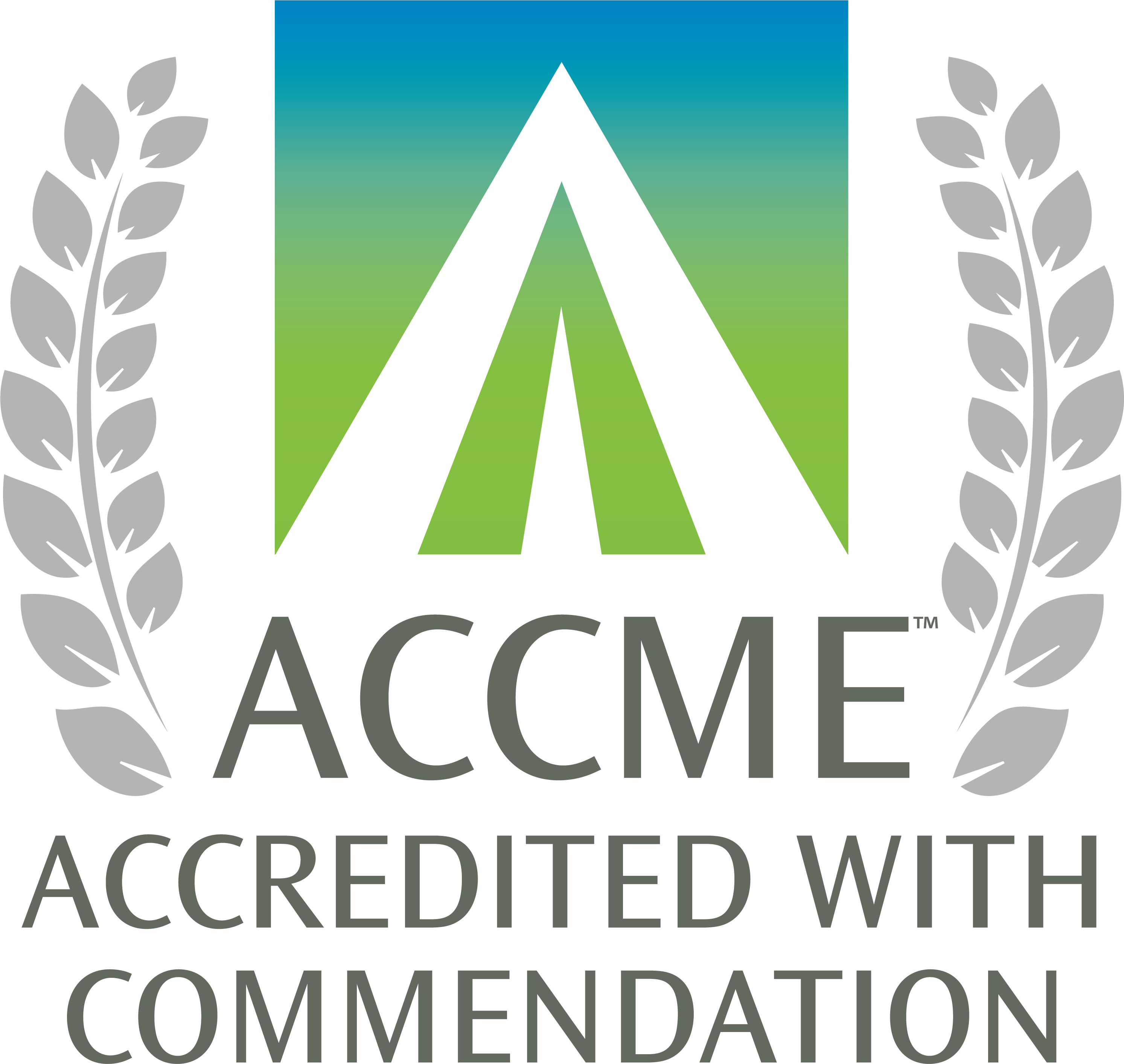MC3 Recorded Education Series: Intrusive Thoughts and OCD in the Perinatal Period
To begin this activity, click Enroll. Once logged in, learners can access educational content, assessments, and evaluations. Learners who successfully complete the activity will be able to print a certificate.
Release Date:
Sat, 1/1/22
Termination Date:
Wed, 1/31/24
Credits:
0.75
Description:
There are no relevant financial relationships to disclose for this activity.
Educational Planner/Presenter
Samantha Shaw, MD
Activity Coordinators
Erin Hughes-Krieger, MSW
Laura Hurst, MSW
Anne Kramer, MSW
Target Audience:
This activity is appropriate for House Officers, Medical Students, Nurse Practitioners, Physician Assistants, Physicians in the fields of Family Medicine, Internal Medicine, Obstetrics & Gynecology, Primary Care, Psychiatry.
Accreditation and Credit Designation:
Termination Date: January 2024
The University of Michigan Medical School is accredited by the Accreditation Council for Continuing Medical Education (ACCME) to provide continuing medical education for physicians.
The University of Michigan Medical School designates this enduring material for a maximum of 0.75 AMA PRA Category 1 Credit(s) ™. Physicians should claim only the credit commensurate with the extent of their participation in the activity.
Original Release Date: January 2021Termination Date: January 2024
Additional Info:
Bibliographic Resources
- Barr, R. et al (2018) Eight-year Outcome of Implementation of Abusive Head Trauma Prevention. Child Abuse & Neglect. 84:106-114. DOI: 10.1016/j.chabu.2018.07.004
- Brok, E. et al. (2017) Infant-Related Intrusive Thoughts of Harm in the Postpartum Period. The Journal of Clinical Psychiatry. 78(8):913-923. DOI: 10.4088/jcp.16r11083
- Hudak, R. et al. (2012) Diagnosis and Treatment of Postpartum Obsessions and Compulsions that Involve Infant Harm. American Journal of Psychiatry. 169(4):360-363. DOI: 10.1176/appi.ajp.2011.11050667
- Prevention of Shaken Baby Syndrome: Never Shake a Baby. (2004) Paediatrics and Child Health. 319-321. DOI: 10.1093/pch/9.5.319
Credits available:
AMA PRA Category 1: 0.75
Participation: 0.75


